Incubating and raising ducks
bookjunky4life
12 years ago
Related Stories
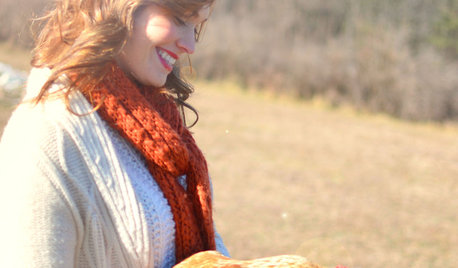
GARDENING AND LANDSCAPINGRaise Backyard Chickens Without Ruffling Neighbors' Feathers
Before you build a coop in the backyard, follow these strategies to help keep your neighbors from squawking
Full Story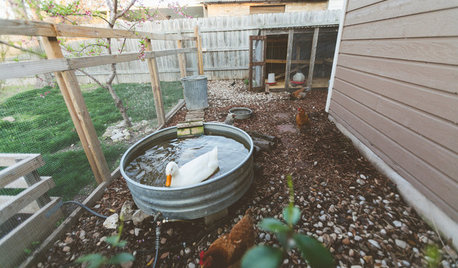
FARM YOUR YARDMy Houzz: An Urban Farm and Animal Sanctuary in Austin
Four dogs, four chickens, a duck and a kitten find refuge in a photographer’s updated home
Full Story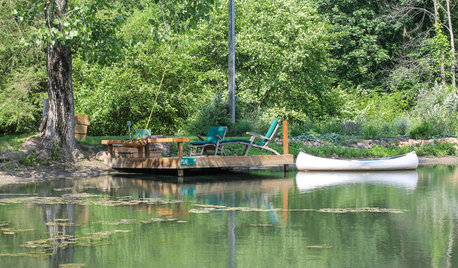
MY HOUZZMy Houzz: A Dream of Country Living Comes True
A couple garden and raise chickens in their retreat-like historic Maryland property, learning as they go
Full Story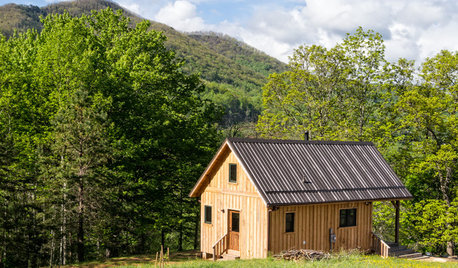
HOUZZ TOURSHouzz Tour: 10 Acres, 3 Generations and Many Animals in North Carolina
Check out a throwback-style cabin that celebrates simplicity, reclaimed materials and family
Full Story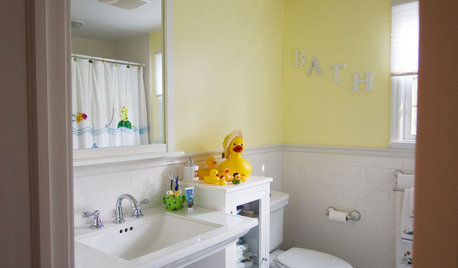
FUN HOUZZQuack, Quack: Happy Rubber Duckie Day!
Make January 13 all it's quacked up to be with a yellow little fellow perched on a sink, tub or table
Full Story
ARCHITECTUREWhy Authenticity in Architecture Matters
Is your home's exterior making a promise it doesn't keep? Learn why integrity and consistency are essential for architectural success
Full Story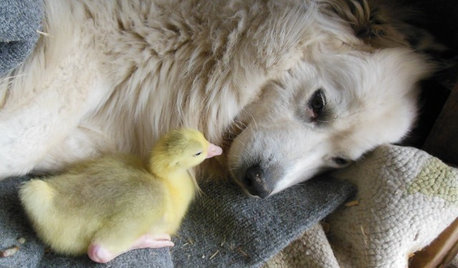
HOUZZ TV FAVORITESHouzz TV: Life, Love and Purpose Down on the Farm
A Missouri native proves that you can go home again — and discover something entirely unexpected
Full Story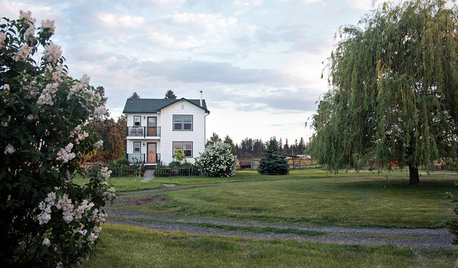
HOUZZ TOURSMy Houzz: Northwest Couple Make a Rural Homestead Their Own
Country life agrees with these first-time homeowners, who have decorated their farmhouse in a rustic, low-key style
Full Story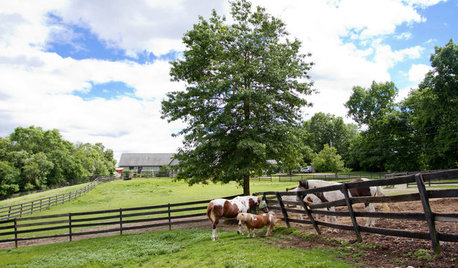
HOUZZ TOURSHouzz Call: Show Us Your Farmhouse!
Bring on the chickens and vegetable patches. If your home speaks country, it might appear in a featured ideabook
Full Story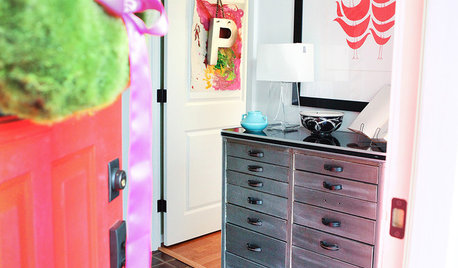
HOUZZ TOURSMy Houzz: Bright and Eclectic Ohio Family Home
A couple mixes vintage pieces with playful colors in a 1970s ranch house, creating a colorful and comfy space for their two boys
Full Story





bookjunky4lifeOriginal Author
bookjunky4lifeOriginal Author
Related Professionals
Wareham Landscape Architects & Landscape Designers · East Patchogue Landscape Architects & Landscape Designers · Concord Landscape Contractors · Caldwell Landscape Contractors · Concord Landscape Contractors · Ellensburg Landscape Contractors · Lynchburg Landscape Contractors · Oakland Landscape Contractors · Surfside Fence Contractors · Winter Park Fence Contractors · La Mirada Fence Contractors · Coatesville Decks, Patios & Outdoor Enclosures · Kalamazoo Decks, Patios & Outdoor Enclosures · Liberty Decks, Patios & Outdoor Enclosures · Redlands Decks, Patios & Outdoor Enclosuresdenninmi
Naomi Miller
bookjunky4lifeOriginal Author
coop_2624